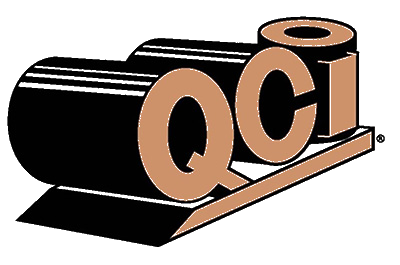In the intricate realm of electronic engineering, where precision and efficiency are paramount, the process of custom coil winding emerges as a critical art form. Custom coil winding involves the careful and methodical arrangement of wire around a core to create a coil that meets specific design requirements. This bespoke approach to coil manufacturing plays a pivotal role in diverse industries, from aerospace and automotive to medical devices and renewable energy.
Precision Engineering
At the heart of custom coil winding lies the pursuit of precision. Unlike mass-produced, off-the-shelf coils, custom winding allows engineers to tailor every aspect of the coil to the unique needs of a particular application. Whether it's optimizing for space constraints, enhancing performance, or meeting stringent electrical specifications, custom winding provides a level of precision that is simply unattainable with standardized solutions.
The process begins with the careful selection of materials, including the type of wire and core. The choice of wire, such as copper or aluminum, determines the coil's conductivity and resistance, while the core material influences factors like inductance and saturation. These choices are made with a keen understanding of the electrical and mechanical requirements of the intended application.
Tailoring for Performance
One of the primary advantages of custom coil winding is the ability to fine-tune performance characteristics. Engineers can manipulate the number of turns, the gauge of the wire, and the shape of the coil to achieve specific electrical properties. This level of customization is invaluable in applications where standard coils may fall short.
For instance, in high-frequency applications, minimizing parasitic capacitance and inductance is crucial for optimal performance. Custom winding allows engineers to design coils with precisely controlled parameters, ensuring that the final product meets the stringent requirements of cutting-edge electronic devices.
Space Efficiency
In modern electronics, where miniaturization is a constant goal, the efficient use of space is a critical consideration. Custom coil winding allows engineers to design compact coils that fit seamlessly into tight spaces, whether it's within a medical implant or a portable electronic device. By carefully selecting the size and shape of the coil, and optimizing the winding process, custom coils can be tailor-made to occupy the smallest possible footprint without compromising performance.
Meeting Environmental Challenges
Environmental factors, such as temperature and humidity, can significantly impact the performance and lifespan of electronic components. Custom Coil Windings enables engineers to select materials and winding techniques that enhance the coil's resistance to environmental stresses.
For applications in harsh environments, such as automotive engine compartments or aerospace systems, custom coils can be designed with protective coatings and materials that ensure long-term reliability. This adaptability to environmental challenges is a key advantage in industries where reliability is non-negotiable.
The Future of Custom Coil Winding
As technology continues to advance, the demand for customized solutions will only increase. Custom coil winding is poised to play a pivotal role in the development of next-generation electronics, from 5G communication systems to advanced medical devices and electric vehicles.





Comments